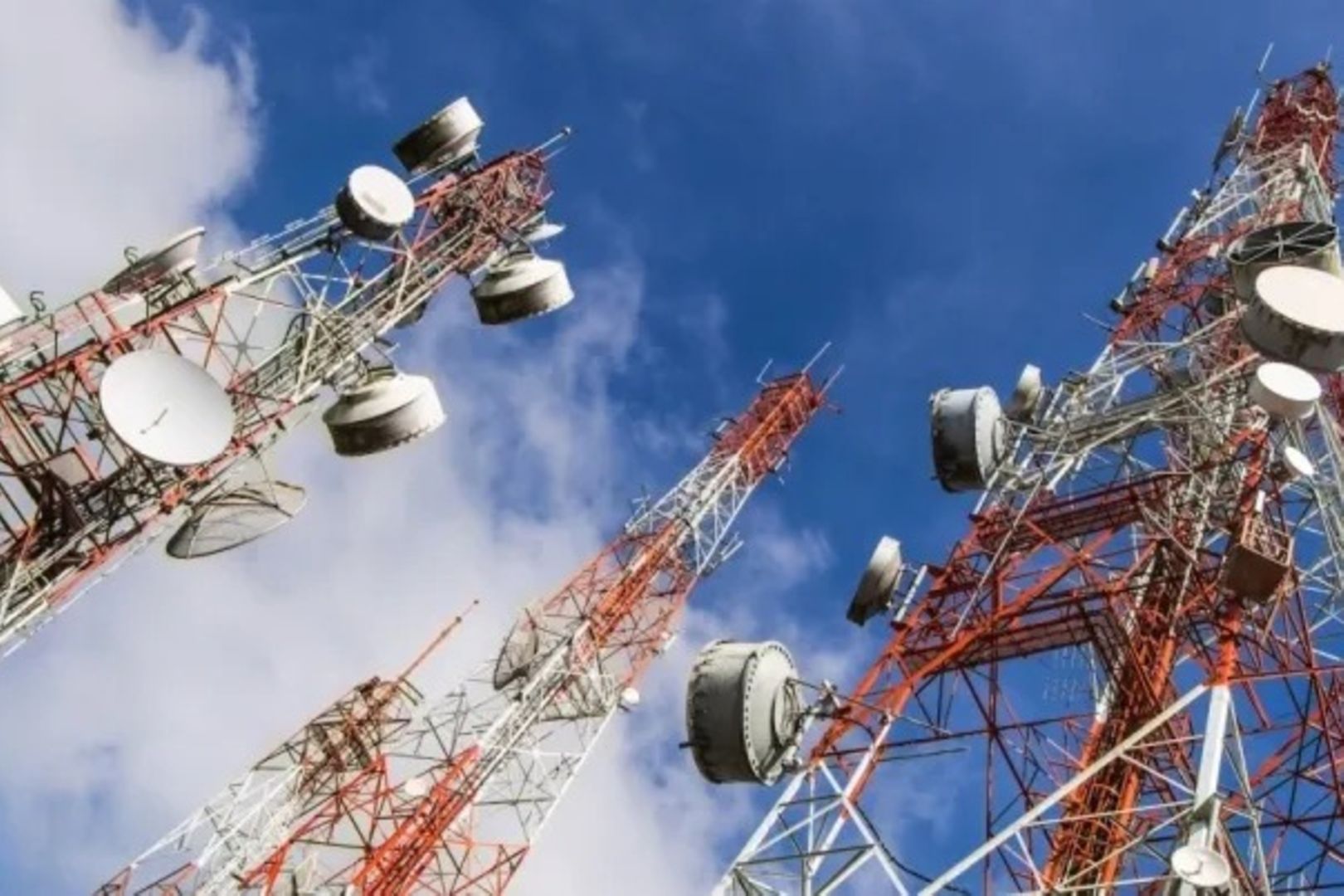Recently contracts were signed for the implementation of rural telecommunications projects in Tanzania. The projects will reportedly offer communication services to 8.5 million individuals without access to the network.
According to the Minister of Information, Communication, and ICT, Mr Nape Nnauye, the contracts will result in five telecommunications companies constructing 758 new towers worth Sh265.3 billion in 713 wards on the mainland and upgrading 304 other towers that currently offer 2G internet services to 3G and 4G.
The government, which contributes up to 40% of the financing in the form of grants, and the mobile network operators, which contribute the remaining 60%, partner with the telcos to implement the rural telecommunications projects.
It is said that the projects are carried out under the Universal Communications Service Access Fund (UCSAF). It is operated by the government. UCSAF was founded with the aim of providing and achieving communication services for people living in a few urban as well as many remote areas without any commercial appeals for telecommunication companies.
Access to network services is currently estimated at 99 percent. This is thanks to a similar initiative that was inaugurated in Zanzibar last year.
Parties involved in the Telecommunication projects in Tanzania
She urged government officials to support the development of the projects. This would be done by speeding up the issuance of construction permits and evaluating some charges in order to reduce operational costs.
Concerns over construction permits
The president expressed concerns that the permits had been delayed by up to six months.
She also requested that the Rural Energy Agency (Rea) ensure that all of the towers are connected to electricity. By doing so, the cost of running generators would be reduced.
The president also directed that government officials look into the charges that the companies had lied about the telecommunications infrastructure situated along the road reserve.
President Hassan stated that spreading better communication services would stimulate growth in almost every economic sector. It would make the rural residents part of the country’s development, which they are advocating.
According to her, they aim to stimulate commercial activities in rural areas. They are also seeking to facilitate easy access to markets and technology for farmers. This will help them access necessary information.
Telemedicine services will improve health services in rural areas. These services can be critical in tackling maternal and child mortality in villages, according to the president.
The rural telecommunications projects funding
So far, the government has signed 19 contracts with the telcos and provided funds totalling Sh199 billion. This is in an effort to ensure service is provided to 15.1 million people, according to Mr. Nnauye.
Nathan Balete, the country director for the World Bank, on the other hand, stated that they were proud to be associated with the rural telecommunications projects.

